General liability coverage is necessary for homeowners’ associations to provide protection from liability exposure due to accident or injuries which may occur in common areas of the HOA.
A general liability policy is a standard insurance policy that is issued to protect the association against claims of:
- Property damage;
- Bodily injury;
- Personal injury, and;
- Advertising injury.
It’s important to note that general liability coverage does not protect board members from claims made against them resulting from managerial decisions made while serving in official board capacity, which could have adverse financial consequences.
Because liability claims have no limits, it’s imperative that the board carefully evaluates the needs of their particular association. Factors to consider may include, but are not limited to:
- amenities offered (playgrounds, pools, fitness center, tennis courts, pond, etc.);
- the number of units in the community (and the percentage of those units that are rented);
- a history of the association’s claims and losses; and
- the overall condition of the premises.
Some states have laws which require homeowners’ associations to carry a minimum level of insurance. To ensure sufficient coverage, many HOAs opt to obtain an umbrella liability policy that kicks in after the commercial general liability policy amount is exhausted. Depending on the particular needs and risk assessment of your community, your association may require more than the minimum amount of coverage.
For homeowners in single-family dwellings, it’s important to understand that an HOA’s general liability coverage does not extend to the structure of the individual’s home, and dwelling coverage is not impacted by any coverages that the association obtains. Owners (and renters) are always responsible for seeing to it that their contents are covered!
General liability insurance is vital for every HOA, as these policies are specifically designed to protect the association against liability claims which could be detrimental to the community.





